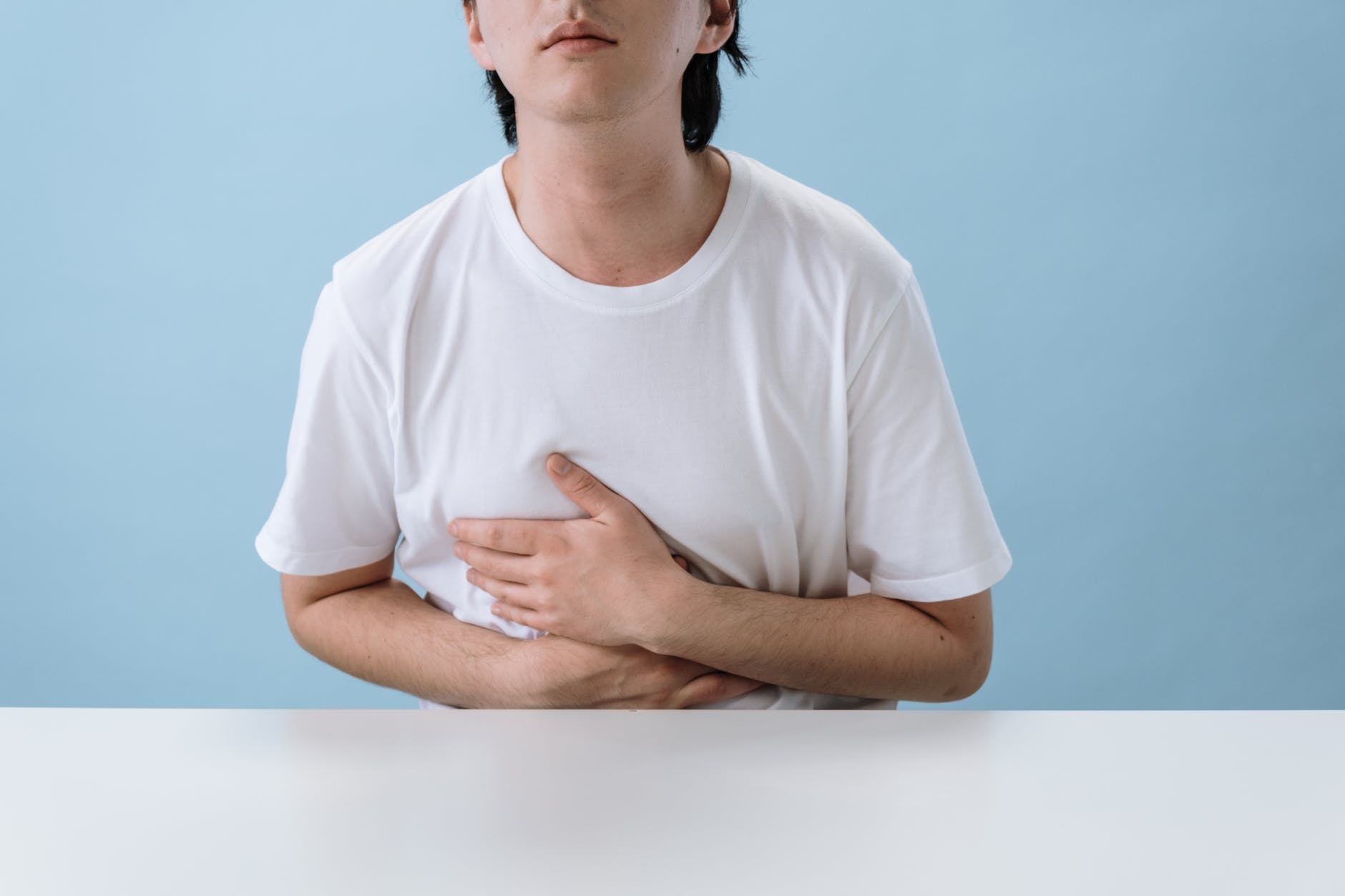![]()
Understanding the Why Everytime I Eat My Stomach Hurts ?
Do you find yourself experiencing stomach pain every time you eat? You’re not alone. Many people grapple with this uncomfortable issue, often wondering what causes it and how to find relief. In this article, we’ll delve into the potential reasons behind why your stomach hurts after eating and explore some tips for alleviating this discomfort.
- Food Intolerances and Sensitivities: One common culprit behind post-meal stomach pain is food intolerances or sensitivities. These occur when your body has difficulty digesting certain foods, leading to symptoms like bloating, gas, and abdominal pain. Common triggers include dairy products, gluten, and high-fat foods. Keeping a food diary can help identify which foods may be causing your discomfort.
- Gastric Acid Issues: Excessive stomach acid production or conditions like acid reflux can also result in stomach pain after eating. When stomach acid flows back into the esophagus, it can cause a burning sensation known as heartburn. Certain foods, such as spicy or acidic items, can exacerbate these symptoms. Eating smaller, more frequent meals and avoiding lying down immediately after eating can help reduce acid reflux.
- Gastrointestinal Disorders: Chronic conditions like irritable bowel syndrome (IBS), Crohn’s disease, and gastritis can cause recurring stomach pain, particularly after meals. These disorders affect the normal functioning of the digestive system, leading to symptoms like abdominal cramping, diarrhea, and constipation. Seeking medical evaluation and treatment from a gastroenterologist is essential for managing these conditions effectively.
- Overeating and Poor Eating Habits: Eating too quickly or consuming large portions can overwhelm your digestive system, leading to discomfort and bloating. Additionally, skipping meals and then overindulging later can disrupt your body’s natural digestive processes. Practicing mindful eating, chewing food thoroughly, and opting for smaller, balanced meals can help prevent stomach pain associated with overeating.
- Foodborne Illnesses: Consuming contaminated or improperly prepared food can result in food poisoning, causing symptoms like nausea, vomiting, diarrhea, and stomach cramps. Bacteria, viruses, and parasites present in undercooked meat, unpasteurized dairy products, and contaminated produce can lead to gastrointestinal infections. Ensuring proper food hygiene and storage practices can minimize the risk of foodborne illnesses.
- Stress and Anxiety: Mental health factors like stress and anxiety can manifest physically, including in the form of stomach pain and digestive issues. The gut-brain connection plays a significant role in regulating digestion, and heightened stress levels can disrupt this balance. Engaging in relaxation techniques such as deep breathing, meditation, and regular exercise can help manage stress and alleviate associated stomach discomfort.
- Underlying Medical Conditions: In some cases, stomach pain after eating may be a symptom of more serious underlying medical conditions, such as peptic ulcers, gallstones, or pancreatitis. If you experience persistent or severe stomach pain, accompanied by other concerning symptoms like fever, vomiting blood, or unintentional weight loss, it’s crucial to seek prompt medical attention for proper diagnosis and treatment.
In conclusion, stomach pain after eating can stem from various factors, including food intolerances, gastrointestinal disorders, poor eating habits, foodborne illnesses, stress, and underlying medical conditions. Identifying the underlying cause is key to finding effective relief and preventing future episodes of discomfort. If you’re struggling with persistent stomach pain, consulting with a healthcare professional can provide personalized guidance and treatment options tailored to your needs. Remember to prioritize your digestive health by making mindful food choices and adopting healthy lifestyle habits for overall well-being.



